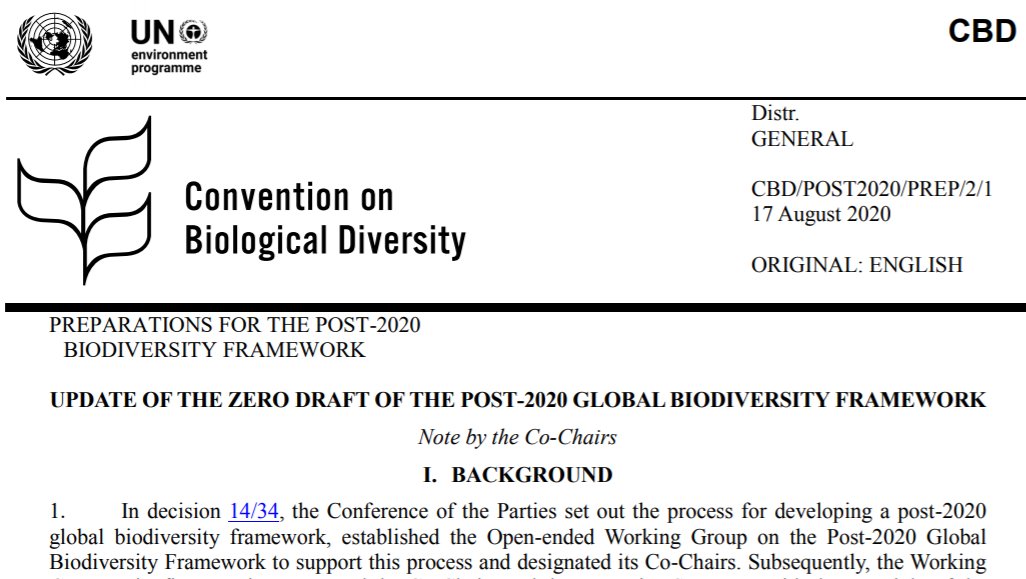
BREAKING! The European Commission just confirmed that it promotes "like for like or better" #biodiversity #offsetting, as part of #NatureBasedSolutions!
Why is it major news? Thread 1/11
europarl.europa.eu/doceo/document…
Why is it major news? Thread 1/11
europarl.europa.eu/doceo/document…

Under this approach, the destruction of a habitat for flamingos in Spain could be considered to be offset by the restoration of a habitat for bats in Greece, as long as you claim that it is "better." 2/11
Beyond its obvious lack of environmental integrity, this approach will also enable the financialisation of biodiversity destruction through the creation of a related #offset market, and shift the conversation away from the need to curb destruction: 3/11
As offset actions no longer have to be specific to a certain site/destruction, you can restore some generic cheap area and get offset credits before you destroy, and then freely trade the offset credits as a new financial asset, same as carbon. 4/11
This approach has been championed by the @EU_ENV since 2010 under the name "habitat banking." For more details on it, read here
greenfinanceobservatory.org/wp-content/upl… 5/11
greenfinanceobservatory.org/wp-content/upl… 5/11
This has now been rebranded euphemistically as part of so-called #NatureBasedSolutions, further undermining democratic accountability. The UN is working on a similar initiative that might be unveiled at the #COP15 as part of the post2020 biodiversity framework. 6/11
Yet, 14 years of experience with #carbon #offsetting have shown us that 85% of Kyoto offset projects failed, that many projects were associated with human rights abuses and #landgrabbing, and that there is already not enough land available for all offset commitments. 7/11
This extreme version of biodiversity offsetting would be infinitely worse from an environmental perspective, as while you have only 6 GHG, you have millions of species with complex interdependences, & a lot we don't know yet. It would also further increase tensions over land 8/11
And enable the continuation of the status quo by avoiding the questioning of rich countries' unsustainable livestyles and economic systems, and by diverting the conversation away from the need to curb destruction, thanks to the bogus claim of offsetting. 9/11
To be clear, restoration is good, but only if it comes in addition to and not instead of curbing destruction, i.e. if it is not considered as an offset, nor financed through offset schemes. Because we are unable to recreate all the ecosystemic functions destroyed. 10/11
"Like for like or better" biodiversity offsetting must be resisted both at EU and UN level, if we want to stand a chance to limit the 6th extinction of species. There is an urgent need to raise awareness about it and what stands behind #NatureBasedSolutions 11/11
• • •
Missing some Tweet in this thread? You can try to
force a refresh






